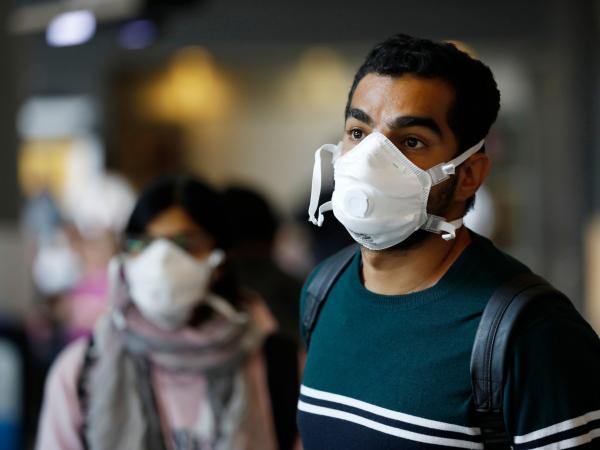“This covid-19 pandemic is far from over”warned the director general of the World Health Organization (WHO), Tedros Adhanom Ghebreyesus, after two years of declaring the coronavirus a pandemic.
“It has been two years since we said that the spread of covid-19 in the world could be classified as a pandemic”Ghebreyesus said at a press conference.
(See also: Number of active cases by covid in Colombia stands at 10,905).
The head of the WHO did not fail to recall that six weeks earlier, “when only 100 cases were recorded outside of China and no deaths, back in 2020”, had declared the highest level of health alert in the WHO, a public health emergency of international importance. But this qualification did not achieve its immediate effects.
Instead, the organization was later criticized for taking too long to take action against the looming disaster.
“Two years later, more than 6 million people have died”Ghebreyesus pointed out.
Although the WHO has indicated for some time that the number of infections and deaths is declining, “This pandemic is far from over and it will not end anywhere if it is not achieved everywhere”stressed the highest representative of the institution.
(You may be interested: Deaths from covid-19 decreased in the country).
The WHO noted very strong growth in the Western Pacific region, although globally the number of new infections and deaths fell by 5% and 8%, respectively, according to the epidemiological report, which is published weekly.
“The virus continues to evolve and we continue to face major obstacles in getting vaccines, tests and treatments to wherever they are needed.Ghebreyesus insisted.
The WHO is concerned that several countries have drastically reduced their tests used to detect new variants.
“It prevents us from seeing where the virus is, how it spreads and how it evolves”Ghebreyesus warned.
(Also read: Moderna returns with force: the country bought more than 10 million doses).
The strategy of carrying out tests in South Africa allowed the omicron strain to be identified, very quickly, at the end of November 2021.
AFP















